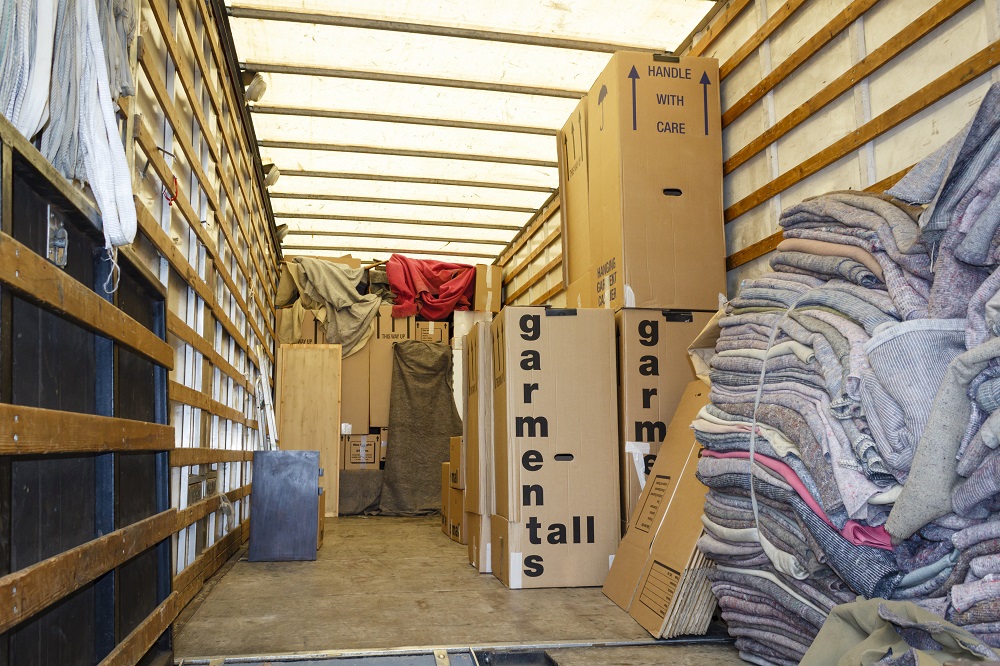Semi Retiring to France
4 minutes read
Choose your spot

If you are ready to change gear but wish to still keep active, France offers plenty of opportunities. Although the time non-permanent residents can spend in France is now restricted post Brexit, being semi-retired allows you to still keep a foot in both countries.
In choosing your spot, first of all consider the type of area. Which do you prefer:
- Cities, culture & creativity?
- A relaxed rural or small town vibe?
- Coastal hot spots?
Secondly, consider accessibility and opportunities:
- Connection to transport hubs. Selecting an area with excellent transport connections with good road, ferry and airport links will reduce your travel time.
- Start a new hobby or interest. For those over 50, life can still offer lots of opportunities to learn new skills, develop interests or help with charitable causes. So, whether it is surf boarding, cycling, taking on a DIY project or assisting a local charity, semi-retirement in France can be exciting and fulfilling.
- Communication networks. Not all rural areas in France have perfect networks for telephone and internet. If this is important to you, do your research first.
But also
- How long do you plan to stay? UK nationals visiting France for ‘Short-stays’ up to 90 days do not need a visa. However, it is worth noting that there are time limitations which apply to all countries within the Schengen agreement, including France. For stays longer than 90 days you need to apply for a Long Stay Visa; and be aware of the possible tax implications should you stay more than 183 days in France. Find more on the French gouv site
- Healthcare. Even if your stay in France is less than 90 days, you still need travel medical insurance covering emergency medical treatment, stays in hospital and repatriation (including in case of death). The minimum cover should be for €30,000. This applies to all of the Schengen areas.
Once you have chosen your ideal location, you can start to look for your perfect property.
Choosing, buying and financing a property
If you are travelling between two countries, think about the type and size of property you want as a second home:
- Do you want a garden? A low maintenance garden will allow you to spend more time in your French home relaxing or pursuing other interests.
- Do you want room for friends and family to visit so that they can share in a part of your new life?
- Do you plan to fully retire to France and will this be your chosen place in retirement?
Buying a property in France
Several details are different to the UK. For example:
- The role of the Notaire. Unlike the UK where two legal representatives are involved, the Notaire is responsible for ensuring that the transfer of the property is handled correctly – and all duties paid following completion.
- A two staged process. The first step is the preparation and signing of the Compromis de Vente. Both the seller and the buyer sign once an offer has been made and accepted. The second and final step is the Acte de Vente. This when the completion takes place: the money is transferred, the Acte de Vente is read out by the Notaire, the document is signed and the keys handed over. In England, deed of sale is signed in advance by the parties although not dated.
- Inspection reports. French property transactions require detailed inspection reports such as energy efficiency ratings and a whole wealth of information. In England, the process is arguably less detailed. For further information, you may wish to take a look at these articles on the notaires site.
- Check out French inheritance laws. Ask your notaire for advice.

Financing your property purchase
- Do you have sufficient saving to purchase your French property without a mortgage?
- Are any home improvements required?
If you buy a property with a mortgage from a bank in the UK, most loans are as a capital repayment loan (with a variable or fixed rate mortgage) or an interest only mortgage. However, in France most mortgages are fixed rate repayment loans, providing the homeowner with stable monthly payments over the whole term. Variable rate mortgages are also available.
A French mortgage fixed interest rate can be up to 25-years compared to an average of 5 years in the UK.
The ‘loan to value’ ratio is an important calculation when assessing the affordability of your mortgage loan. This figure shows the amount of the loan compared with the value of the property/purchase price.
Applying for a mortgage is generally straightforward. You will need to provide copies of bank statements, proof of income, annual loan statements for existing mortgages and details of your project as well as other information.
CA Britline - the bank that speaks your language
Our friendly and bicultural team of English-speaking advisors have been helping our customers with all their banking needs in France since 1999. Most of the team have lived both in the UK and France, so they can understand what life is like both sides of the Channel.
Feel reassured that you will always have access to real people who understand you and speak your language: Open your account today or feel free to request a call and we will answer all the questions you may have.
We look forward to hearing from you!
Last updated: 28th January 2025
Image used is provided by Getty Images